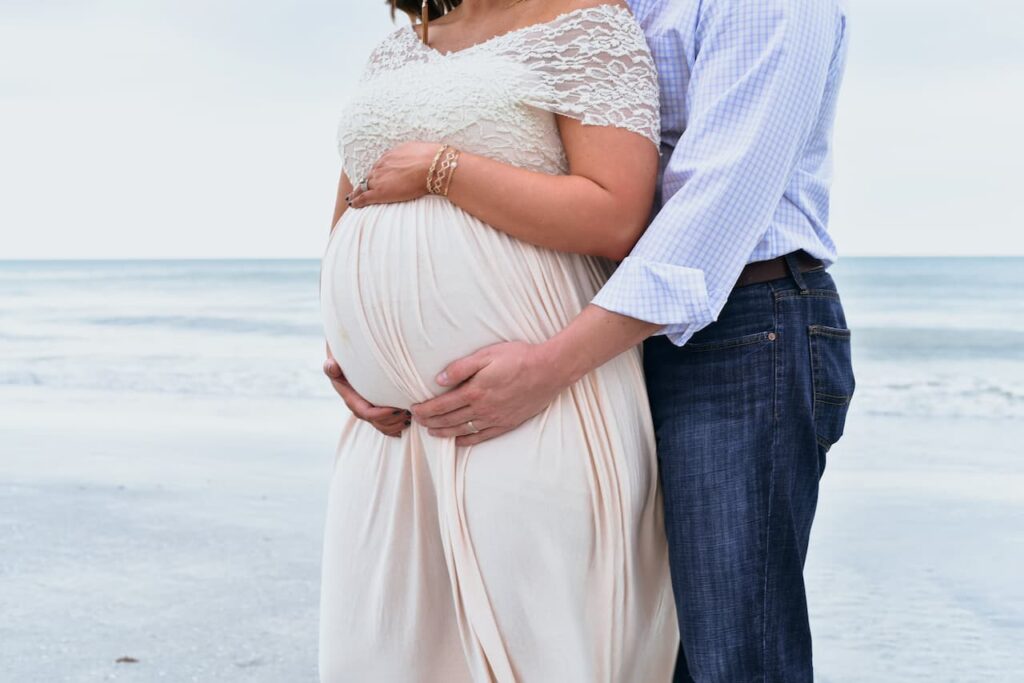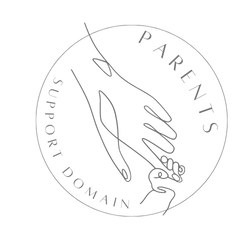Alcohol And Pregnancy
Alcohol And Pregnancy. It is extremely recommended that pregnant women abstain from alcohol use.
It’s been proven scientifically that drinking alcohol while pregnant is bad for the developing fetus. The use of alcohol during pregnancy has been linked to a variety of health issues, including the possibility of permanent birth abnormalities.
It is still unknown what the safest level of alcohol consumption is during pregnancy or while attempting to conceive. Also, there is never a good moment to drink when expecting a child.
Every wine or beer, regardless of brand, can be just as dangerous as any other kind of alcoholic beverage. If a kid is not exposed to alcohol before birth, then they will not be born with an FASD.
The Risks of Drinking Alcohol
Through the umbilical cord, the infant can absorb alcohol from the mother’s blood. Miscarriage, stillbirth, and a wide range of physical, behavioral, and intellectual problems are all possible outcomes of alcohol consumption during pregnancy.
Fetal alcohol spectrum disorders refer to this group of impairments (FASDs). The following traits and behaviors may be present in children with FASDs:

Unusual characteristics of the face, such as a flat area between the nose and the top lip (this ridge is called the philtrum)
- Miniature brains
- Average or below-average height
- Having a low body mass
- Disorganized effort
- Symptoms of hyperactivity
- Trouble paying attention and remembering things
- Challenges at University (especially with math)
- Disabilities in Learning
- Communication disorders
- Sub-normal intelligence
- Inadequate capacity for reason and judgment
- Baby issues with naps, sucking, and vision/hearing
- Issues relating to the cardiovascular system, renal system, or skeletal system
Can pregnant women safely consume alcohol?
To minimize potential harm to an unborn child, the UK’s Chief Medical Officers advise against any and all alcohol use during pregnancy.
The bigger the amount of alcohol use during pregnancy, the greater the risk to the developing fetus.
How can alcohol damage my unborn child?
When you drink, the alcohol in your bloodstream crosses into your baby’s bloodstream. Throughout pregnancy, the liver is one of the last organs to grow and reach maturity.
Your baby’s developing brain is not equipped to handle alcohol, and even little amounts of exposure can have lasting effects.
Miscarriage, early delivery, and a baby with a low birth weight are all more likely if you drink alcohol during pregnancy. The newborn infant is not immune to its effects.
How can pregnant women avoid alcohol?
Alcohol consumption during pregnancy is associated with a higher risk of having a child born with fetal alcohol spectrum disorders (FASDs) and other health issues. Don’t consume alcohol if you are pregnant or trying to conceive.
Some pregnant women can drink alcohol and yet have healthy infants. A small number of women who drink alcohol at all during pregnancy still have children that are severely impaired. The experience of pregnancy is unique for every woman.

There may be variations in how much alcohol harms newborns. Avoiding alcohol use during pregnancy is the most effective method for protecting an unborn child from alcohol-related harm.
Don’t consume any alcoholic beverages if you are pregnant, attempting to get pregnant, or have any suspicions that you could be pregnant. If you do become pregnant, make sure to visit the doctor frequently (medical care you get during pregnancy).
If you need assistance quitting alcohol, talk to your doctor.
How to quit drinking alcohol during pregnancy?
Alcohol use during pregnancy is entirely up to you. Alcohol is frequently used during social gatherings such as parties and sporting events. You could have a glass of wine every now and then to unwind at the end of the day or with supper.
Avoiding alcohol when carrying a child might be challenging. In order to help you cut back on your alcohol use, here are some suggestions:
- Consider when you typically partake in alcoholic beverages. In preparation, you should consume something else, such as a fruity drink or water. Put an umbrella in your glass or add a novelty straw to make your drink more exciting.
- Avoid social interactions and drinking venues.
- Throw out all the booze you have at home.
- Share the news with your loved ones that you won’t be consuming alcohol during your pregnancy.
The effects of alcohol on a growing fetus’s brain are cumulative and can occur at any stage throughout pregnancy.
If you are pregnant and using alcohol, it is never too late to quit. If the mother stops drinking, the baby’s health and well-being will improve.

Can your partner’s drinking impact your baby?
When pregnant women consume alcohol, their unborn children are at risk for developing FASDs and other problems associated with alcohol. The effects of alcohol on a man’s sperm before conception are currently being studied.
Support your partner
Partners and fathers may encourage a safe, alcohol-free pregnancy by doing the following:
- Avoiding drinking when with their partner by exploring new sober pastimes
- You may swim or take a stroll while sipping on mocktails, smoothies, or flavored and carbonated water instead of booze.
Is there any alcohol that is safe to drink?
No. Beer, wine, hard seltzer, hard cider, alcopops, distilled spirits (liquor), and mixed drinks all include alcohol, which is harmful to a developing baby at any point in the pregnancy.
About the same quantity of alcohol may be found in a glass of wine, a can of beer, and a shot of liquor. The alcohol content in cocktails (mixed drinks) might be double that of these others.
How Does Alcohol Go into the Baby?
The umbilical cord is a pathway for alcohol to cross the placenta.
When a pregnant woman drinks heavily, not only is it harmful to the growing fetus, but the high blood alcohol concentrations can also prevent vital nutrients from passing through the placenta and reaching the infant.
It takes just around 2 hours for the fetus’ blood alcohol level to equal that of the mother after alcohol consumption by the pregnant woman.
The fetal alcohol metabolism is slower than the maternal alcohol metabolism, therefore, any quantity of alcohol consumed during pregnancy will stay in the fetus’s system for a longer time than it would in the mother’s system.
Alcohol and Fetal Development
Between weeks 3 and 16, alcohol can cause serious physical abnormalities. The neural tube, which will become the brain and spinal cord, begins to form in the fetus about 3 weeks after fertilization.
Ingesting alcohol during pregnancy has been linked to developmental delays in the brain and spinal cord. In addition, alcohol can have an adverse effect on fetal heart, arm, leg, eye, and ear development beginning as early as the third or fourth week of pregnancy.
A Baby’s teeth, mouth, and external genitalia can all be negatively affected by maternal alcohol use between weeks 6 and 12. The eyes, teeth, and external genitalia remain susceptible to abnormalities induced by alcohol intake until birth, in addition to the brain and spinal cord.
Conclusion
It is highly recommended that pregnant women avoid drinking alcohol during pregnancy. The use of alcohol during pregnancy has been linked to various health issues, including the possibility of permanent birth abnormalities.
The risks associated with alcohol consumption during pregnancy include miscarriage, stillbirth, low birth weight, and fetal alcohol spectrum disorders (FASDs). FASDs are a group of impairments that can cause physical, behavioral, and intellectual problems in children.
The best way to protect an unborn child from alcohol-related harm is to avoid alcohol use entirely during pregnancy or when attempting to conceive. If you need assistance quitting alcohol, consult with your doctor.
Additionally, partners should also avoid alcohol consumption during pregnancy as it can affect the unborn child’s development.




